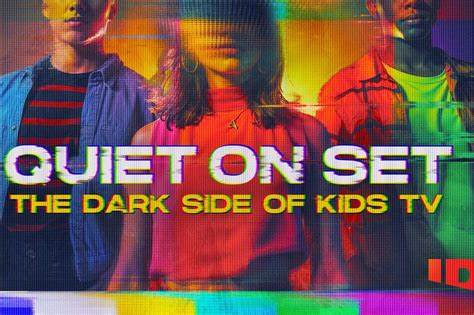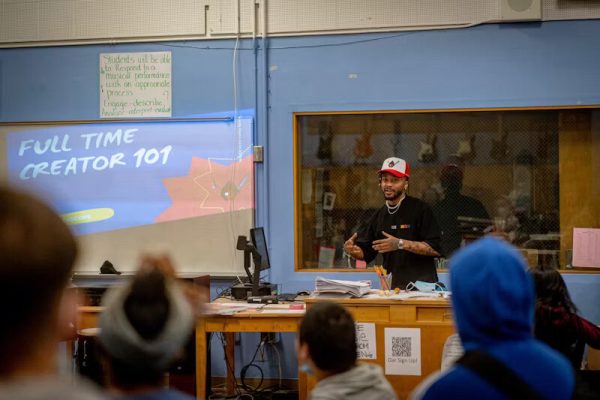TikTok is ruining our lives
Picture this: you pick up your phone right before going to bed and open up TikTok––the usual routine for many.
You start by watching a heartwarming video of someone saving an animal that was abandoned on the side of the road, then proceed to swipe to a video of someone describing the death of one of their closest relatives. Seconds later, after scrolling through your For You page (FYP), you discover what you consider to be one of the funniest videos you’ve seen in your entire life.
This routine in which users experience a whirlwind of emotions within minutes continues for hours on end, only to be interrupted by external stimuli. When you close out the app for the night, you likely don’t remember most of the media consumed.
While some argue that social media apps like TikTok are a creative outlet as well as an important platform for discourse and social change, we are being so inundated with content and oversaturated with ideas that we don’t even know where to start on these issues. Most of us are not even aware of this overstimulation.
Aside from the documented effects that TikTok has on your attention span, the app is deeply affecting our interpersonal relationships with one another. With the presence of perpetual media, we are able to fill any and every gap in our time with short bursts of entertainment. Individually, we don’t know how to be alone anymore.
Within TikTok’s undeniably intentional design, many of us are falling down a void of meaningless content, filling every open space in our day with more media. While most social media apps are designed to capture the user’s undivided attention, none have quite the same effect as TikTok; there is no end to the media it provides, and each video is created to rework our expectations for entertainment.
In addition to the social ramifications of TikTok, it also has a profound influence on activism and online discourse.
Creators on the app discuss a variety of social issues in an attempt to bring awareness to them. Matters pertaining to institutional racism, misogyny and the LGBTQ+ community are frequently discussed on the app. While many people are engaging with such videos, these issues eventually get lost in a sea of other videos, losing their meaning and impact.
Social media apps such as TikTok are moving so quickly that one idea can’t be discussed for too long, as it is merely one topic out of an endless array.
This turns social issues into trends that ebb and flow with whatever is being covered in the media online, preventing any meaningful change. Of course, activism takes many forms and meaningful activism is being practiced every day, but as we spend more and more of our time on this app, it takes over our mental capacity, inhibiting our ability to communicate with each other and to discuss these issues effectively.
Ultimately, TikTok is a young application, but it has already taken the world by storm. Established in 2016, the app already has more than 1 billion users, 60% of which are from Generation Z.
The long term effects of consuming media on TikTok cannot be determined yet, but if it follows the trend of current research, we are speeding toward a future of abysmal attention spans and overstimulated minds.
To move forward into a future where we have healthy attention spans and can create meaningful connections with each other, we will need to break our habits of opening TikTok at every hint of boredom.
Will I do that? Probably not. After all, the app is designed to prevent that.

Samuel Weinmann is a passionate journalist who is a junior international affairs major at the University of New Haven. As the editorial head of the Charger...












